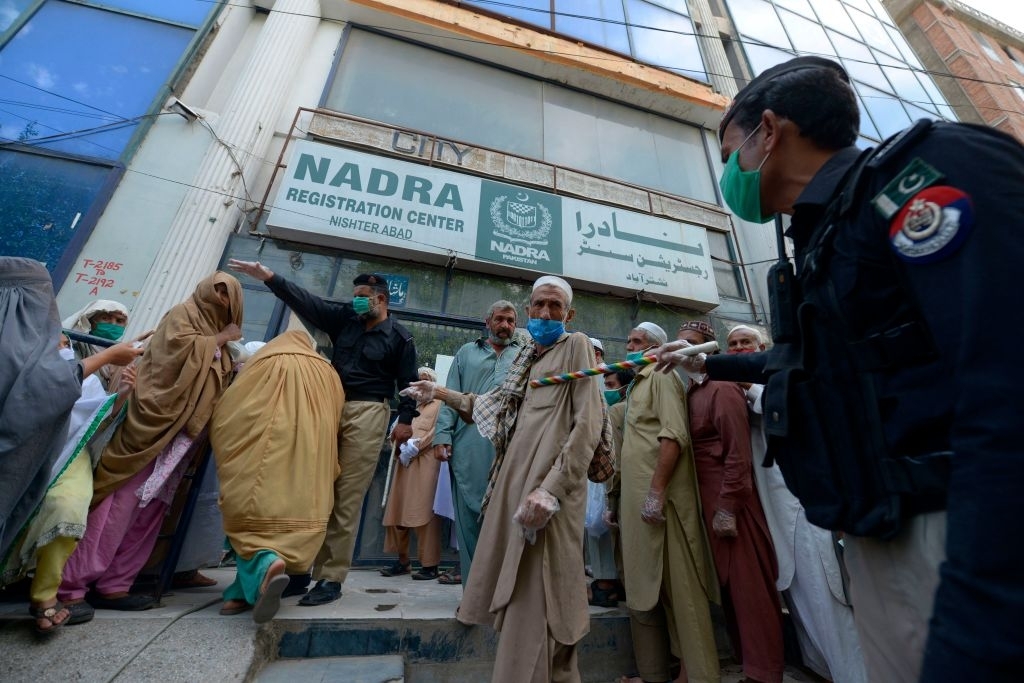Yoti, an identity platform, has published two of the six articles looking at the use of digital identities in different humanitarian settings. This is part of their effort to help national and international non-profit organizations use digital identity solutions to help in their work. The articles published by Yoti use hypothetical situations to show actual technology use.
The first article by Yoti talks about the problems with food and cash monitoring for refugees in Northern Mozambique. Yoti suggested a solution that enables citizens, camp inhabitants, or displaced people to register their names, fingerprint biometrics, and photographs into an offline database to solve this issue. These inhabitants would have to authenticate their digital IDs before receiving food parcels, medications, or water.
This solution by Yoti would help officials share the database allowing people to move from one camp to another. It would help them be identified and authenticated in case of future displacements.
The second article is focused on the problem of informal cross-border trades in Lesotho. Yoti suggested a system to register traders entering or exiting Lesotho at all three borders in an offline database. Trader’s name, address, National Identity Register Number, fingerprint, hand or face biometrics can be recorded. A bilateral agreement with South Africa, which borders Lesotho on all sides, would complete the system.
Source:






Comments